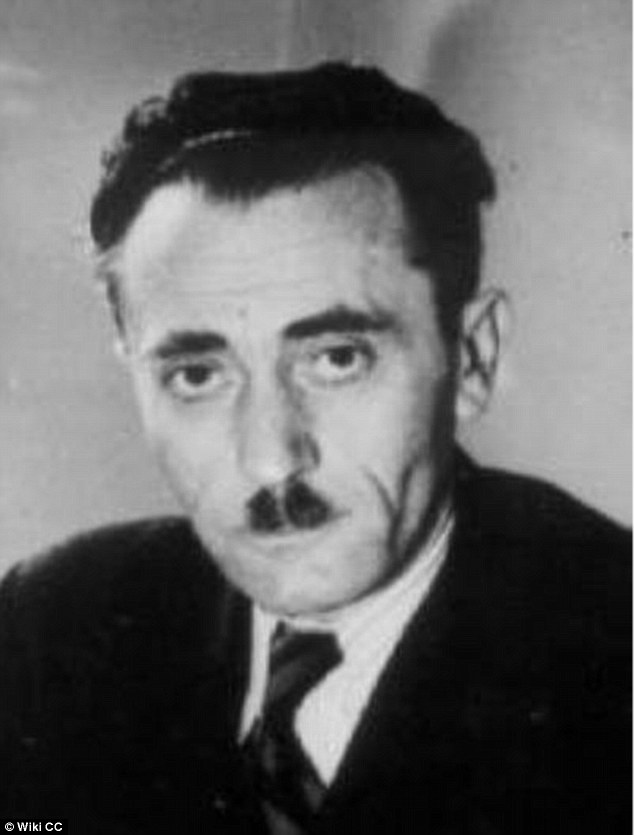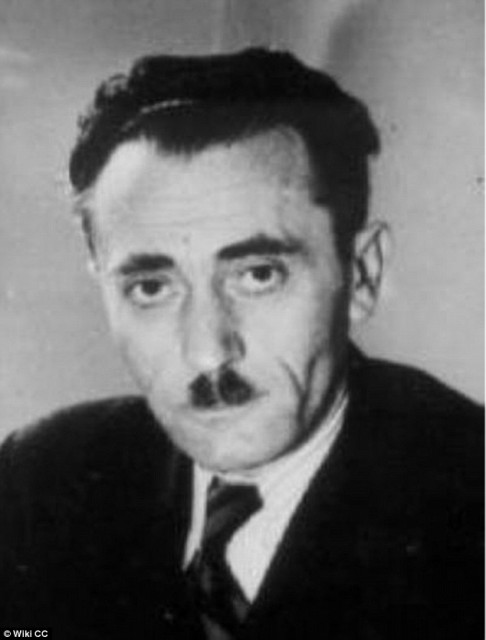Szmul Zygielbojm’s World War Two story is not well-known, but he gave his life in an effort to try and save the hundreds of thousands of Jews who were being persecuted and killed by the Nazis in Europe.
Szmul was a Jew born in Poland. He had a burgeoning career with the Jewish trade unions in Warsaw. When the Nazis invaded Poland in 1939 and World War Two began, he became active with the Warsaw defence committee.
The Nazis asked Jewish leaders to form a ghetto in Warsaw that would house all of the Jewish population together. Szmul publicly disagreed with the Nazi order, and his comrades had to smuggle him out of the country.
Szmul travelled through Europe telling everyone he met about what the Nazis were doing to the Jews in Poland. By 1942 he had reached London and settled there, working for the Polish government in exile.
He continued to be a voice for the Jewish people and to set up a network within the Polish resistance movement in order to communicate what was happening on the ground in Warsaw. Szmul conducted numerous media interviews and met with Allied governments in an attempt to make people aware of what was happening to the Jews and to implore the Allies to intervene.
Early 1940s British newspaper stories about the plight of the Jews in Europe were all generated by information Szmul had filtered out from his underground network. In 1942 the newspapers were reporting the Nazi’s mass murder of more than 700,000 Jews in Europe, the Mail Online reports.
Szmul’s message was getting through. As early as 1941, Winston Churchill condemned the Nazi’s treatment of the Jews, backed by information from Szmul. Information continued to be passed through to the authorities, including the news that 1,000 Jews were being gassed daily, as well as eye witness accounts of the gas chambers at the concentration camps.
In speaking to media, Szmul said that he could not face living if the rest of the world did not act and ignored what was happening to the Jewish people in Europe.
Szmul’s network included Jan Karski, who linked Polish resistance with the exiled Polish government in London, and Leon Feiner, a guide. But by 1942 they knew that the Allies could not or would not act to specifically intervene and save the Jews. In 1943 around 13,000 Jews died the Jewish Warsaw Ghetto uprising, with more than 50,000 survivors sent to concentration camps.
Szmul discovered that his wife and one of his sons died during the uprising and, unable to bear his powerlessness to act, he committed suicide that same month. He left a long suicide note stating that he belonged with his people in Warsaw, and that he was taking his life in protest against the inaction of the Allied powers. He blamed the whole of humanity for the extermination of the Jewish people.
One of Szmul’s children, Joseph, survived the uprising and was an active member of the Polish resistance throughout the war. He moved to the US after the war and went on to become a scientist for NASA. Joseph had two sons who still live in the US.

